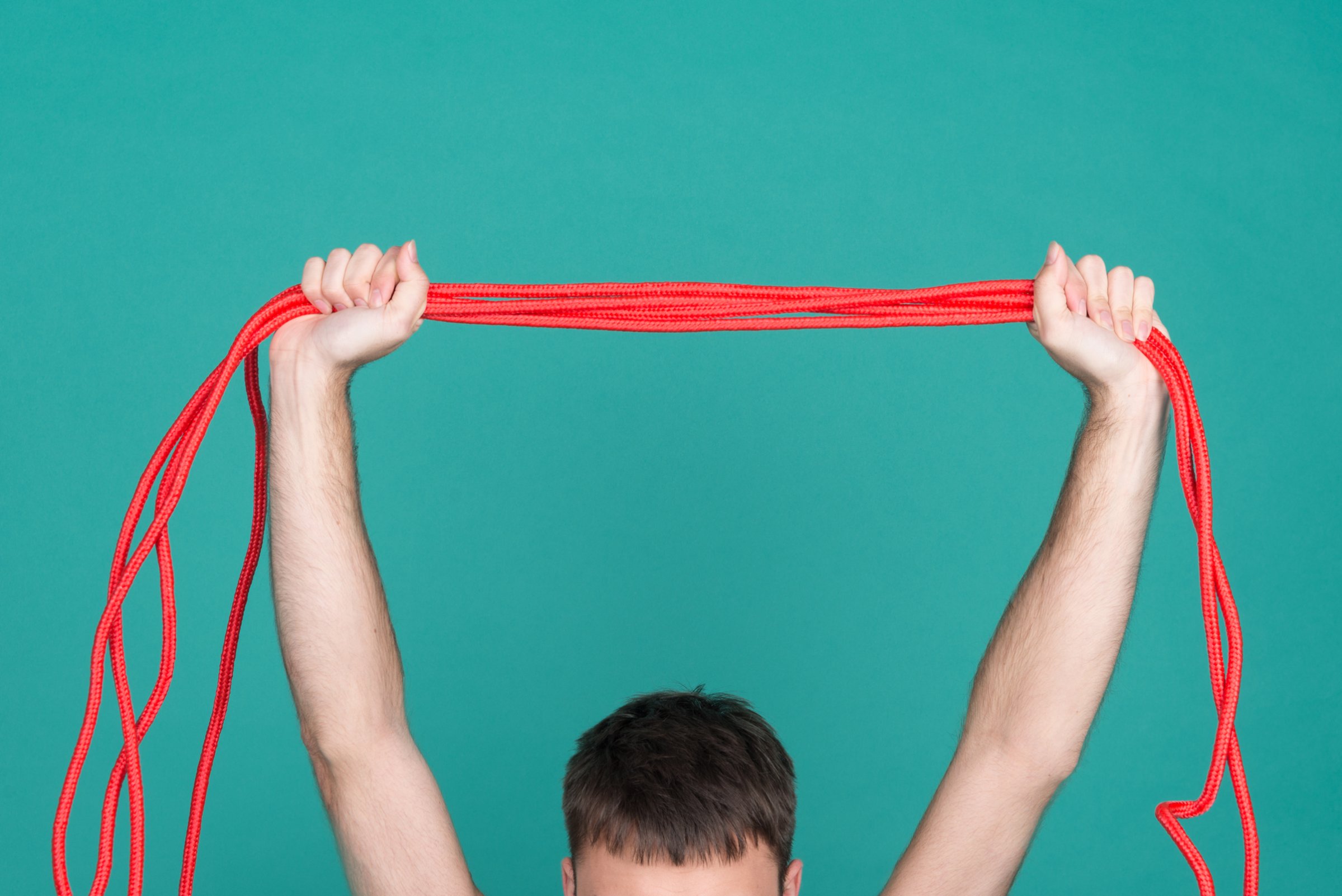
If you play well with others, then it might be time to get tough. Friendly social support makes you work out less often, while cutthroat competition is the key to motivating yourself to get to the gym.
So finds a new study published in the journal Preventive Medicine Reports, in which almost 800 graduate and professional students at the University of Pennsylvania were put through an 11-week exercise program with running, spinning, yoga, Pilates and weightlifting classes. Each person was assigned to work out alone or in a team, and the dynamics were designed to be either socially supportive or competitive.
In the competitive team group, people had a social network of five random health buddies whose exercise progress they could track, but they had no other interaction with them. The supportive team group also had health buddies, and they were also able to chat, go to classes together and encourage one another to exercise. In the individual groups, people either worked out alone without a social network or with access to information about how they were doing compared to others.
Winners were determined by how many classes they or their team attended—and the results were unexpected.
Whether a person was alone or in a team didn’t affect how many workouts they did. But a competitive atmosphere encouraged people to work out more across the board. People who were in the competitive groups went to 90% more classes than those who weren’t.
Even more surprisingly, when people got social support they exercised far less than they did when they were in competitive groups or alone. “That’s pretty interesting, because it means that putting people into the social support condition was worse than giving them nothing at all,” says the study’s senior author Damon Centola, associate professor of communication and engineering at the University of Pennsylvania. “I didn’t expect that.” The researchers found these strong effects regardless of a person’s sex or personality.
Group dynamics have a lot of power over exercise behavior, and that’s because a competitive atmosphere makes people focus on different things than a chummy one, Centola says. In the competitive group, all eyes were on the most active participants; they were the goalposts to beat. “As people were influenced by their neighbors to exercise more, it created a social ratchet, where everyone increased everyone else’s activity levels,” he says.
But in the we’re-all-in-this-together group, those that dragged their feet drew the most attention. “The people who were participating less would actually draw down energy levels and give others a reason or excuse to also participate less,” Centola says. People dropped out, and no one was very motivated.
The results show that social networks really can help you exercise more, so long as they’re used the right way. Centola suggests gathering people with similar backgrounds and interests, then creating an online group where people can track one another’s exercise logs. That, he says, will give everyone a mutual incentive to keep going.
More Must-Reads from TIME
- Cybersecurity Experts Are Sounding the Alarm on DOGE
- Meet the 2025 Women of the Year
- The Harsh Truth About Disability Inclusion
- Why Do More Young Adults Have Cancer?
- Colman Domingo Leads With Radical Love
- How to Get Better at Doing Things Alone
- Michelle Zauner Stares Down the Darkness
Write to Mandy Oaklander at mandy.oaklander@time.com